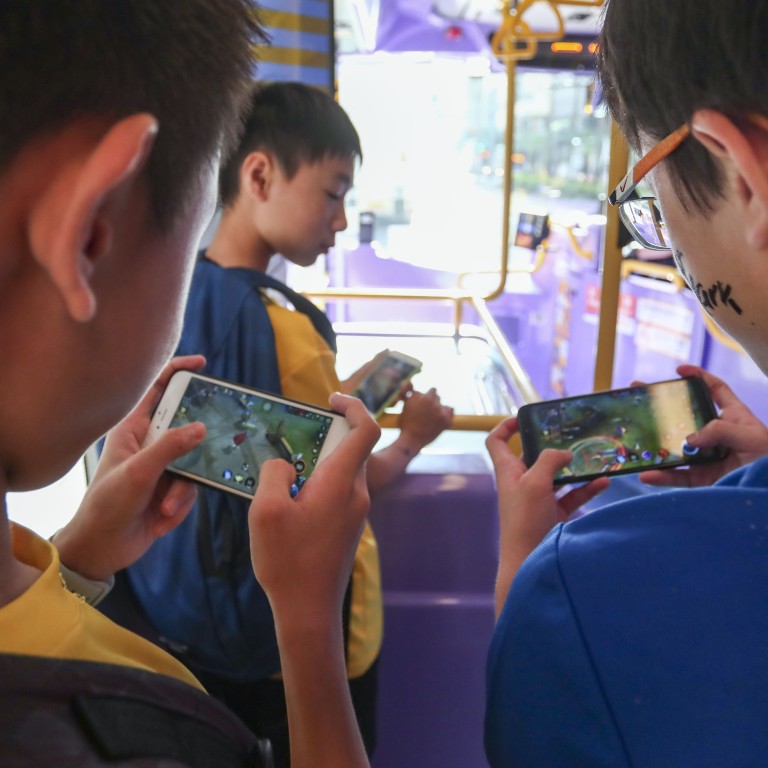
China’s gaming regulator said to call halt on new approval submissions to clear backlog in potential blow to Tencent, NetEase
- China’s top content regulator seeks to clear backlog of submissions that have piled up from previous nine-month hiatus, source says
China’s State Administration of Press and Publications (SAPP) has called a halt on new video game approval submissions to clear a backlog created by an earlier nine-month hiatus, according to a gaming company executive with knowledge of the matter.
There is no confirmed date as to when the top video games regulator will restart accepting submissions from its local bureaus, according to the person, who was informed by the local regulator this week and asked not to be named as the information is not public. Video game companies can still file applications to local regulators, which will no longer pass them on to the SAPP while it works through its backlog, said the executive.
The administration did not immediately respond to a faxed request for comment. A video games industry blog first reported the suspension.
“If the licensing process is halted for any reason more than to give the SAPP a chance to clear out the backlog, that will be a disappointment to game developers, publishers and gamers,” said Lisa Hanson, founder of Niko Partners, an Asia-focused gaming research firm. “We are hopeful that this is a procedural halting and will soon be resolved.”
Still, the new suspension “could possibly hurt publisher earnings if they need to endure a prolonged wait for their return on investment in titles in their pipeline that they had anticipated to be released in China already or in the near future”, Hanson said.
The new suspension comes two months after the regulator resumed approving new batches of video game licenses. All games, whether free or paid, are required to obtain a licence to be published in China.
The SAPP – formed in April and overseen by the Communist Party’s propaganda department – restarted its process for reviewing new games at the end of December, and has since cleared more than 500 titles for domestic distribution.
There were 7,000 to 8,000 games waiting to be cleared for domestic distribution when the SAPP resumed the approval process in December, according to Karen Chan, an equity analyst with Jefferies.
“Current priority for regulatory authorities is to clear the backlog and evaluation for now is largely based on chronological order,” Chan said in a note, citing industry sources. “This does not seem to have a direct impact on the current approval process with the latest batch of 91 new licenses released on February 15.”
Last March, the issue of gaming addiction erupted into public focus after a member of the country’s top political advisory body proposed a classification system for video games, calling them the new “opium” because an obsession with them was enfeebling the younger generation.
Since then, Tencent has introduced playing limits for minors, facial recognition locks to prevent unauthorised access to its popular games.
Tencent is still on the waiting list to publish global blockbuster titles such as PlayerUnknown’s Battlegrounds (PUBG) and Fortnite, the latter estimated to have made US$2.4 billion last year outside China.
While the Shenzhen-based company has attracted millions of players for its two mobile adaptations of PUBG and a desktop version of Fortnite via trial runs, it still needs government licences to earn money from these free titles through in-game purchases, such as character outfits.
Representatives for Tencent and NetEase did not immediately respond to requests for comment.
With additional reporting by Iris Deng and Zen Soo

